Related Research Articles
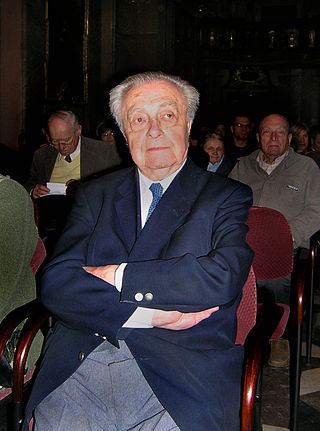
Ilja Hurník was a Czech composer and essayist.

Augusta Read Thomas is an American composer and University Professor of Composition in the Department of Music at the University of Chicago, where she is also director of the Chicago Center for Contemporary Composition.

Pavel Bořkovec was a Czech composer and music teacher.
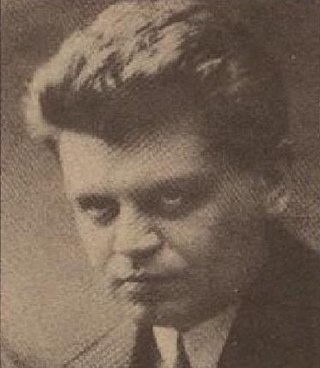
Vilém Petrželka was a prominent Czech composer and conductor.

Donald Henry Kay AM is an Australian classical composer.
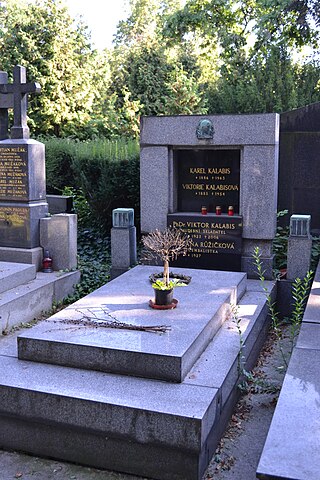
Viktor Kalabis was a Czech composer, music editor, musicologist, and husband of harpsichordist Zuzana Růžičková.
Zdeněk Lukáš was a Czech composer. He authored over 330 works.
Robert Comrie Turner, was a Canadian composer, radio producer, and music educator. He graduated with a bachelor's degree in music from McGill University in 1943. While there he studied with Douglas Clarke and Claude Champagne. He continued his studies briefly at Colorado College in 1947, where he met his wife, percussionist Sara Scott. They married in 1949. In 1947, Turner transferred to Peabody College in Nashville, Tennessee, where he studied with Roy Harris. He graduated in 1950 with a master's degree. During this time, Turner spent two summers studying with Herbert Howells and Gordon Jacob at the Royal College of Music and one summer at the Berkshire Music Center at Tanglewood studying with Olivier Messiaen. He returned to McGill University in 1951, graduating with a doctorate two years later.
Jan Zdeněk Bartoš was a Czech composer.

Niels Erling Emmanuel Brene was a Danish composer. He was born and died in Copenhagen. In 1948, he won a bronze medal in the art competitions of the Olympic Games for his orchestral composition Vigeur (Vigour).

Václav Riedlbauch was a Czech composer, pedagogue and manager. He was the Minister of Culture in the caretaker government of Jan Fischer (2009–2010).
Jan Tausinger was a Romania-born ethnic Czech violist, conductor and composer.
Jiří Teml is a Czech composer and radio producer.
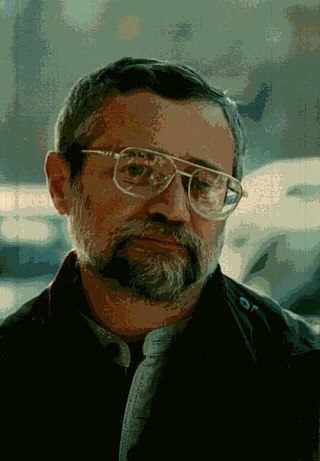
Eduard Hayrapetyan is an Armenian composer of contemporary classical music and educator.
Jiří Gemrot is a Czech composer, radio executive, and a record producer. Since 1990 he has been director in chief of Czech Radio in Prague. As a composer, his music has been performed by all of the Czech Republic's major orchestras.

Emil Hlobil was a Czech composer and music professor based in Prague.
Juraj Filas was a Slovak composer. His work included more than 100 compositions: symphonies, cantatas, numerous compositions for chamber ensemble, as well as the prize-winning TV opera Memento Mori; a concerto grosso Copernicus; the opera Jane Eyre (2010); The Wisdom of the Wise Man, a cantata for choir, cello and organ; The Song of Solomon, a cantata for soli, choir and orchestra; and the requiem Oratio Spei, which was dedicated to the victims of terrorism.
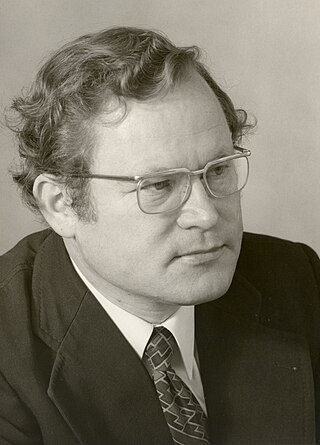
Herbert Blendinger was an Austrian composer and viola player of German origin.